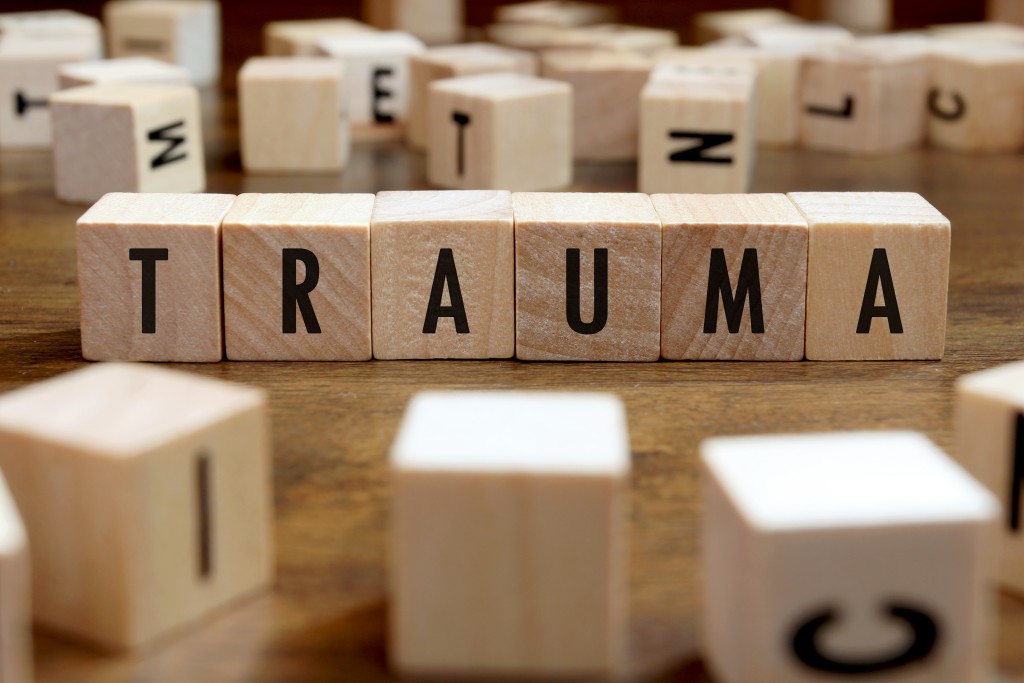As time passes by and things surrounding us affect the way we behave or respond to it, many of us experience PTSD or Post-traumatic Stress Disorder. It was categorized as a trauma and stressor-related disorder by the DSM-5 (5th edition of the Diagnostic and Statistical Manual for Mental Disorders) in which the APA or American Psychological Association defined it as an anxiety problem that develops in some people after extremely traumatic events, such as combat, crime, an accident or natural disaster.
Some of the common symptoms are reliving what happened, alertness, or panicking in the event of being reminded of the trauma, avoidance of feelings or memories, and/or difficulty in believing or in feelings. Through therapies and medications, PTSD can be treated.
The illness can cause a lot of stress and the development of diseases or chronic illnesses. Arthritis and/or pain to Fibromyalgia, heart-related problems, Diabetes, and respiratory diseases are to name a few. If an individual you know happens to develop such a disease mentioned, here are guides on how to handle it.
Arthritis Pain to Fibromyalgia
Arthritis or Rheumatoid Arthritis is an auto-immune disease that causes severe pain in the joints. This is a type of disease wherein the body’s immune system attacks the body’s healthy cells itself. In this type of auto-immune disease, the immune system attacks the joints and tissues around it. This might sound hurtful, but this is manageable through treatments and medications, plus a healthy lifestyle.
The most common tips to relieve the pain of attacks are as follows:
- Weight management — maintaining your corresponding body weight according to BMI
- Enough exercise — doing light and doable exercises,
- A healthy diet — avoiding triggering food items
- Hot and cold therapy — getting it through massages
There are instances that rheumatoid arthritis caused by PTSD can cause another problem or disease. This is fibromyalgia. It is a disorder causing widespread musculoskeletal pain, which is characterized by sending pain signals of the spinal cord to the brain and vice versa. A person with this kind of disorder is more likely to be extra sensitive because they feel a certain bruise or bump as extremely painful than it should be. Symptoms also include fatigue and, later on, depression. Don’t worry.
It may seem hard, but there are ways to manage it. That includes doing yoga for flexibility and relaxation, acupuncture to help reduce chronic pain, a healthy lifestyle, such as avoiding certain food when having fibromyalgia.
Heart-Related Problems
A person with PTSD has a greater risk of developing physical ailments, including cardiovascular disease. Despite this, there is still the possibility that cardiovascular disease is caused by an unhealthy lifestyle and a chance of having it on the genes. There is a study stating that PTSD is not causing cardiovascular disease but contributes to the risk within the disease.
However, if a person does not have PTSD and had a heart attack, there is a relevant chance that they can develop PTSD after surviving. This study was made by researchers from Emory University in Georgia and the University of Alberta in Canada. They conducted the study with 303 individuals who survived a recent heart attack, and it resulted in 15 percent of people who survive a heart attack develop post-traumatic stress disorder (PTSD).
Despite the increase in the number of those who are having cardiovascular disease, there are still ways of managing heart-related problems – living a healthy lifestyle by choosing the right food for you, quitting smoking, maintaining a healthy weight, and managing stress. One practical way to monitor your situation is by regular checking of blood pressure.
Diabetes
Due to stress and anxiety, a person with PTSD tends to smoke, use substances, and have poor eating habits to cope with the situation. These unhealthy habits can cause diabetes later on. As we all know, diabetes has no cure but can be prevented and managed if a person already has it.
In prevention, one has to take weight management, limit intake of processed food and alcohol, quit smoking, and control their blood pressure. In terms of management, one must always be aware of his/her blood sugar level, have a proper exercise regimen, and always stay hydrated.
Respiratory Disease

Inhaling air pollution, including cigarettes – regardless of using it or not, can cause respiratory diseases. Because of that, anxiety caused by PTSD can also contribute to the severity of respiratory diseases. Several studies support the contributing factors of PTSD in the risk of asthma, COPD, etc. There was even evidence which tells that PTSD impedes the immune system, causing respiratory diseases and other related illnesses.
Causes and symptoms of PTSD contribute to the increased vulnerability of the immune system to diseases. However, if one already accumulated the disease, they need to know their triggers, take medications as prescribed by their doctors, keep being fit by doing exercises, and try not to catch any viral infections.
One might be already diagnosed with the mentioned illnesses or might be just experiencing the mentioned symptoms. The first thing you have to do and the most important one is to consult a doctor before it’s too late. Don’t wait until you cannot even stand up on your own.
On the other hand, we must keep our mental health as healthy as our physical health. Other mental illnesses are not vivid. Therefore we must practice speaking to people, especially those close to us, whether we want to know how they are doing or want them to know that we are here for them. Surely, it will make a whole lot of difference.

